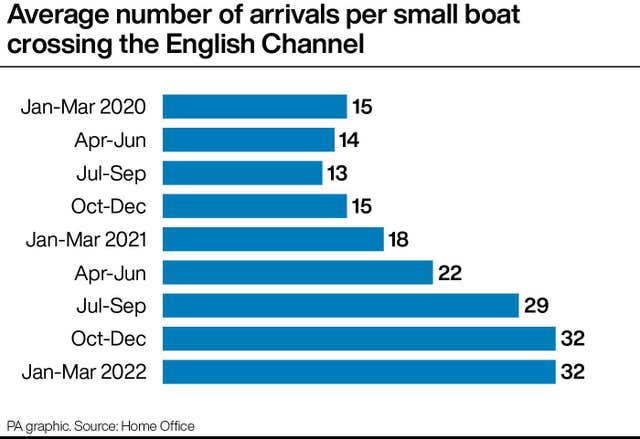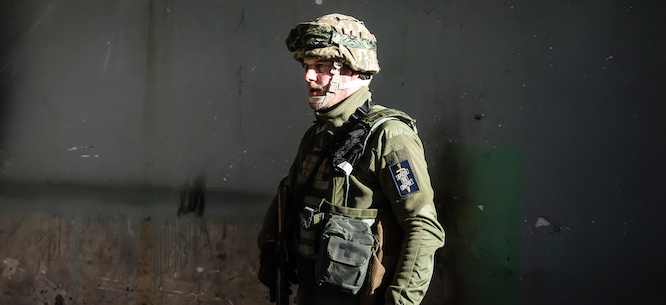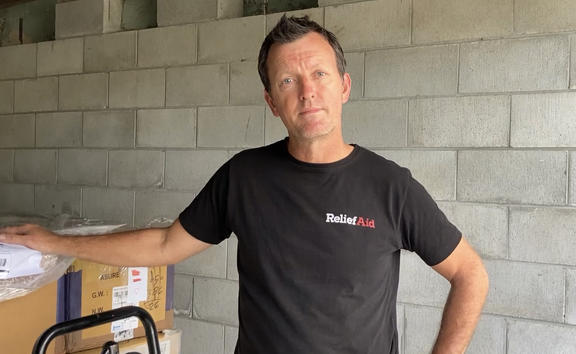When it comes to the tawdry, hideous business of politicising the right to asylum, and the refugees who arise from it, no country does it better than Australia. A country proud of being a pioneer in women’s rights, the secret ballot, good pay conditions and tatty hardware (the Hills Hoist remains a famous suburban monstrosity) has also been responsible for jettisoning key principles of international law.
When it comes to policy Down Under, the United Nations Refugee Convention is barely worth a mention. Politicians are proudly ignorant of it; the courts pay lip service to the idea while preferring rigid domestic interpretations of the Migration Act; and the United Nations is simply that foreign body which makes an occasional noise about such nasties as indefinite detention.
It should therefore have come as no surprise that, in the dying days of the Morrison government, another chance to stir the electorate by demonising refugees arose – somewhat conveniently. As voters were, quite literally, heading to the polls, the commander of the Joint Agency Task Force Operation Sovereign Borders, Rear Admiral Justin Jones, revealed that a vessel had “been intercepted in a likely attempt to illegally enter Australia from Sri Lanka.”
The Rear Admiral’s statement insisted that Australian policy on such arrivals had not changed. “We will intercept any vessel seeking to reach Australia illegally and to safely return those on board to their point of departure or country of origin.” Shallow formalities are observed: the implausible observance of international laws, consideration of safety of all those involved “including potential illegal immigrants”. Nothing else is deemed worthy of mention. “In line with long standing practice, we will make no further comment.”
With only a few more hours left being Australia’s most jingoistic Defence Minister in a generation, Peter Dutton tweeted a warning, referring to the statement from Jones: “Don’t risk Australia’s national security with Labor.” In another comment, Dutton decided to peer into the minds of those aiding the asylum process. “People smugglers have obviously decided who is going to win the election and the boats have already started.”
The Minister for Home Affairs, Karen Andrews, was also mining the message for its demagogic potential, raising the spectre of emboldened people smugglers. They, she squeaked, “are targeting Australia.” The “people smuggling vessel” had been intercepted “off Christmas Island.”
Andrews might as well have been using the same language to condemn drug traffickers and their commodities which, in terms of analogy, Australian politicians have implicitly done for decades. But for the occasion, the obvious target was the opposition vying for government. “Labor’s flip flopping on border protection risks our border security. You can’t trust them.”
The Liberal Party’s electioneering machinery picked up on the Sri Lankan connection, bombarding voters in marginal seats with text messages about this newfound discovery. “Keep our borders secure by voting Liberal today,” came the prompt. As things transpired, the entire operation, from Cabinet to the distribution of phone messages, had the full approval of Prime Minister Scott Morrison.
Revealing the existence of ships moving on mysteriously convenient schedules (another, according to the Saturday Newspaper, was also intercepted by Sri Lankan authorities) raised two burning questions. The first goes to the troubling relationship with Sri Lanka, which the Australian government had gone some ways to promoting as a safeguard against asylum seekers. Canberra has tended to skirt over issues of human rights, not least those associated with that country’s long civil war. In fact, Australian officials have done their best to encourage Colombo to prevent individuals leaving Sri Lanka with a view of heading to Australia by boat. In 2013, 2014 and 2017, Bay-class naval vessels were gifted to the Sri Lankan Navy to aid the interception of smuggling operations.
During his time in office, Dutton has made more than the odd trip to Colombo. In May 2015, he made a visit as then Minister for Immigration and Border Protection to discuss “continued cooperation regarding people smuggling and to further strengthen ties between our two countries.” He duly rubbished people smugglers – they had been “cowardly and malicious” for aiding individuals to pursue their right to asylum – and praised the success of Operation Sovereign Borders. “Since we started turning back boats there have been no known deaths at sea.”
In June 2019, he paid another visit to shore up the commitment. It was prompted by a report that a vessel carrying 20 Sri Lankan asylum seekers had been intercepted off Australia’s north-west coast, with the possibility of six others on route. Then, as now, Dutton could only blame his Labor opponents for somehow encouraging such journeys while reiterating the standard, draconian line. “People are not coming here [to Australia] by boat and regardless of what people smugglers tell you, the Morrison government, under the Prime Minister and myself, will not allow those people to arrive by boat.”
The second question goes to the supposed success of Operation Sovereign Borders. This military grade, secretive policy had supposedly “stopped the boats” and remains a favourite Coalition mantra. But why reveal a chink in the armour, a breach in the fortress unless it was manufactured with the aid of the Sri Lankan authorities or a failure to being with? As comedian and political commentator Dan Ilic observed in a pointed remark to Dutton: “This happened on your watch dude.” The Sri Lankan revelation demonstrated, when it comes to such matters, mendacity oils the machine of border protection.
No side in Australian politics has been able to avoid politicising the issue of refugee and asylum arrivals via boat. The moment Australia’s Labor government made the arrival of individuals without formal authorisation a breach of law warranting mandatory detention, the issue became a political matter. It took the Liberal National Coalition led by Prime Minister John Howard to turn the issue into a form of feral, gonzo politics.
That form remains unforgettably marked by the use of SAS personnel against 400 individuals, rescued at sea by the Norwegian vessel, the MV Tampa, in August 2001. In defiance of maritime conventions and in blatant disregard for human safety, the Howard government held the asylum seekers at sea off Christmas Island for almost ten days. Those on the vessel were accused of piracy and economic opportunism. From this barbarism issued the Pacific Solution, a tropical concentration camp system which has had a few iterations since.
Governments, both Coalition and Labor, have drawn political capital from harsh policies against unwanted naval arrivals, smearing the merits of asylum and ignoring the obligations of international refugee law. The new Albanese government has the chance, however unlikely it is to pursue it, to extract the political and replace it with the humanitarian.
The post Election Gambit: Australia, Sri Lanka and Politicising Asylum first appeared on Dissident Voice.This post was originally published on Dissident Voice.






 (@safepassageuk)
(@safepassageuk) 


 In Kigali, Rwanda, ahead of a significant moment for the New Plan for Immigration.
In Kigali, Rwanda, ahead of a significant moment for the New Plan for Immigration. 

